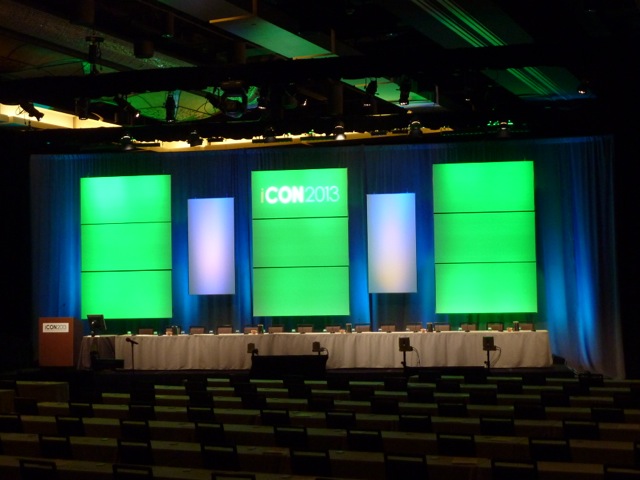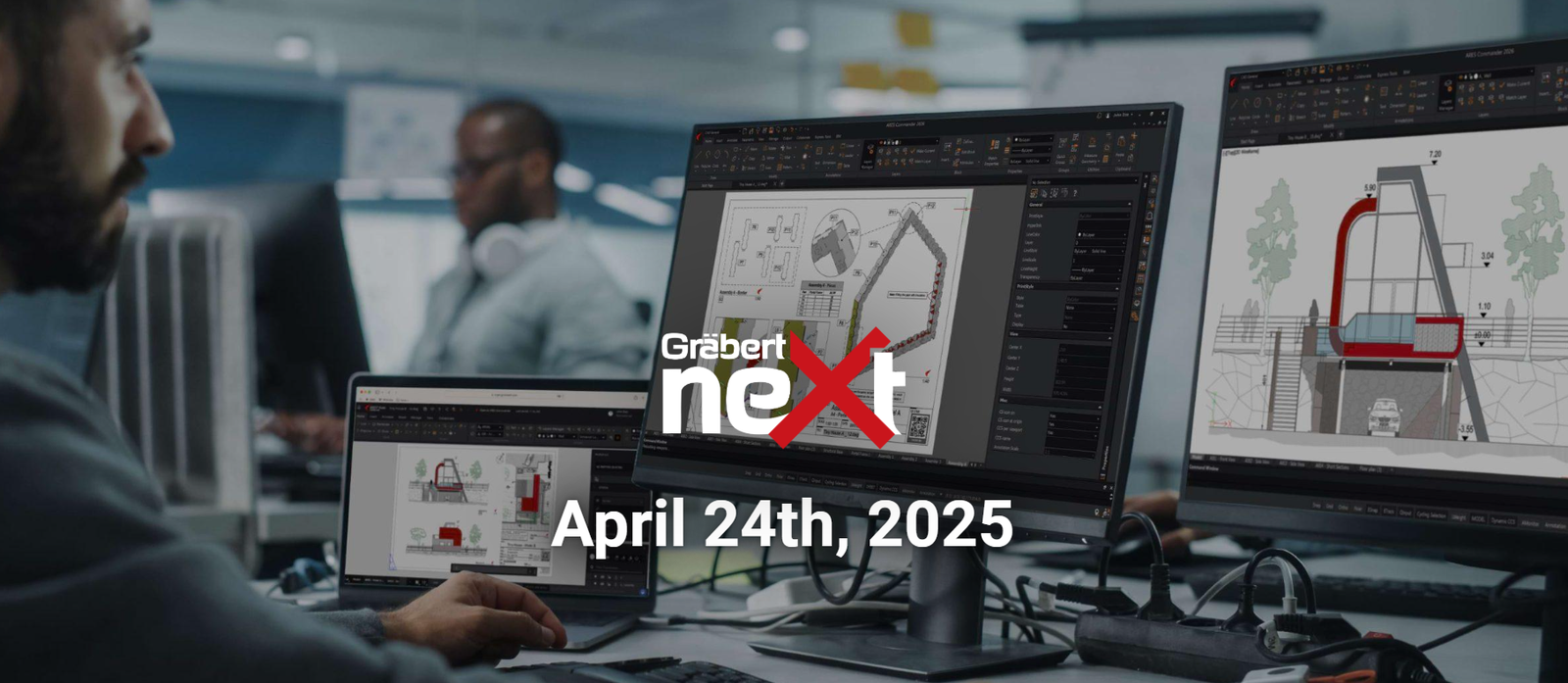Your Cart is Empty
Customer Testimonials
-
"Great customer service. The folks at Novedge were super helpful in navigating a somewhat complicated order including software upgrades and serial numbers in various stages of inactivity. They were friendly and helpful throughout the process.."
Ruben Ruckmark
"Quick & very helpful. We have been using Novedge for years and are very happy with their quick service when we need to make a purchase and excellent support resolving any issues."
Will Woodson
"Scott is the best. He reminds me about subscriptions dates, guides me in the correct direction for updates. He always responds promptly to me. He is literally the reason I continue to work with Novedge and will do so in the future."
Edward Mchugh
"Calvin Lok is “the man”. After my purchase of Sketchup 2021, he called me and provided step-by-step instructions to ease me through difficulties I was having with the setup of my new software."
Mike Borzage
Lighting Designers Need to Embrace Technology Today!
November 06, 2014 5 min read
Editor's Note: We invited Stephen C. Jones, Theatrical Lighting and Scenic Designer, to share his opinion on the use of technology in the field. Stephen is an avid Vectorworks Spotlight user and instructor, check out the webinar he led for the Novedge Webinar Series here.
The views, opinions and positions expressed within guest posts are those of the author alone and do not represent those of Novedge.
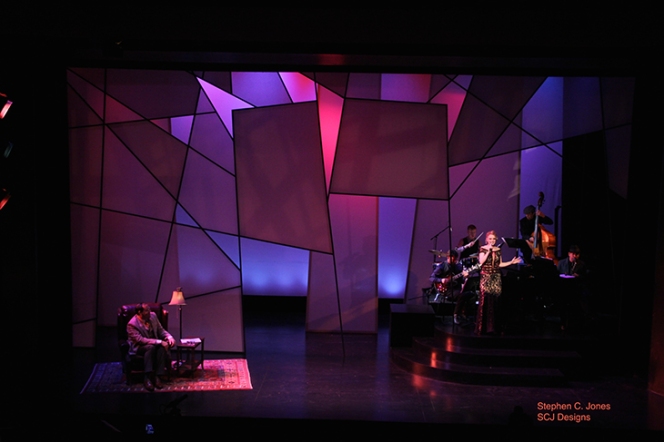
The nature of being an entertainment and event lighting designer means that we possess a mastery on bridging the gap between artistry and technology. We have to use the right side of the brain to communicate ideas and paint thoughtful pictures with light. At the same time we have to engage the left side when it comes to understanding how to execute the artistry. This means keeping up with technologies constant evolution.
As a professional theatrical scenic and lighting designer, and a Vectorworks third party trainer for event and theatre designers, I encounter various ways in which I see people communicate ideas with and without the use of technology. Ultimately I see that those who embrace, understand and continually evolve with new technological resources are far more efficient than others that refuse to embrace modern advancements. This holds true with the artistry as well as with the way we communicate. To be frank, we have to embrace technology if we want to be effective artists. If you aren't using at least some of these forms of technology in your creative process then you are falling way behind the curve…….
1) 3D Drafting Software - The Ultimate Communicator and Time Saver
If you are still drafting in 2d you might be in need of a wakeup! The simple truth is this, 3d drafting for lighting design is one of the major advancements in our industry. With it we can figure out photometrics, test colors, patterns and shutter cuts. Best of all, we have the ability to make a tangible model of our designs . Using it also allows us to transfer information from the theoretical to executable by simply printing. My personal favorite is Vectorworks Spotlight. With the libraries of lighting tools, textures and its ability to communicate with other software, I am able to do everything base on the 3d model I created. This includes the ability to transfer that information to the appropriate equipment or persons with a few simple clicks of the mouse.

2) iPad and Apps: Portable Efficiency for Every Occasion
What do you need to do? Review or revise your lighting plot, update your technical paperwork, access tracking sheets or focus notes? Monitor cues or play with rendering? Well as they say, "there is an app for that". With the advent of tablet technology our lives got much easier and far more portable. I remember the days of papers scattered across the tech table and having to setup a desktop computer (tower mind you, not a laptop) in the theatre to keep up with revisions. These days we have this great handheld device, the tablet (iPad in my case). There are apps that have been created specifically for us such as Lightwright touch for updating and reviewing reports, PadCAD, AutoCAD 360 for accessing your plot and remote apps like ETC’s iRFR that allow you to access and monitor lighting console. Not to mention gel and pattern libraries. Personally I love the photo and recording apps on my iPad: SketchBook, Morpholio, and Trace are great for sketching over rehearsal photos. Lest I forget the basic notes taking and and scheduling abilities.
3) Cloud Technology and Your Computer
Explain to me again why you are carrying that hard drive around in your briefcase? Like they say on ESPN's NFL Monday Night Countdown "C'mon man!”. Wifi is everywhere, and using something like Dropbox, Google Drive or iCloud Drive makes it effortless to access files from anywhere. Ever forget to bring something to the theatre or job? Get used to saving things to the cloud rather than to your computer. Lighten your load and trust that the cloud works for you! I have a good friend who argues the point that the cloud could fail…well…yes Shawn.…however, the chances of you forgetting your hard drive, misplacing paperwork or it getting lost or damaged from constant travel are far greater.
4) Know the Ins and Outs of Your Equipment
From knowing how to make your screen go negative on your Mac (hold down the function, control,option, command and 8 key…cool huh?!), to understanding the RVI unit on your ETC lighting console, understanding all the features of entertainment technology allows us to streamline our work. Are there features in the lighting, drafting, or paperwork gear that you don't understand? Take the time to learn them. Chances are you will save time and energy. Do you use offline editing software? Start, fix, or modify your show from the comfort of your home or your local coffee shop (or wine bar) rather than sitting in the theatre. Almost every console with a memory these days seems to have some extra hardware and software that will save you time. Learn about it. The designer remote station (for example) is a must. Stop bothering your electrician with questions about the status of your show. Use the designer remote station and see how easy it is to link the left and right sides of your brain during your cuing sessions. Speaking of remote locations, you know about wireless screen share right? It works great for centralized note taking between you and your assistants.
No doubt there are plenty of other things out there to list. As I write this I think of things like online meeting software. These are just a few that I feel are a must if you are going to keep up these days. The point is simple. Technology is that one friend that is always trying to help you. Note I am not saying that the “old ways” of pencil and paper are not reliable or valid…but even the pencil was new technology at some point.
Editor's Note: Stephen C. Jones is a Theatrical Lighting and Scenic Designer and Assistant Professor of Drama and Vassar College. You can see more of his work on his website and connect with him on Twitter.
Looking for your own Spotlight? Visit Novedge for the best deal. And don't forget to subscribe to our blog for all the latest news.
Related articles
Also in NOVEDGE Blog
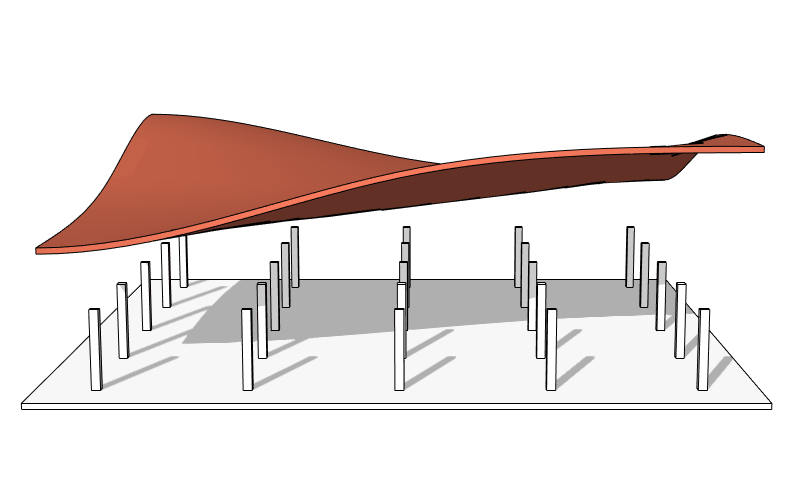
Enhance Your Designs with VisualARQ 3: Effortless Geometry Extensions for Walls and Columns
April 30, 2025 8 min read
Read More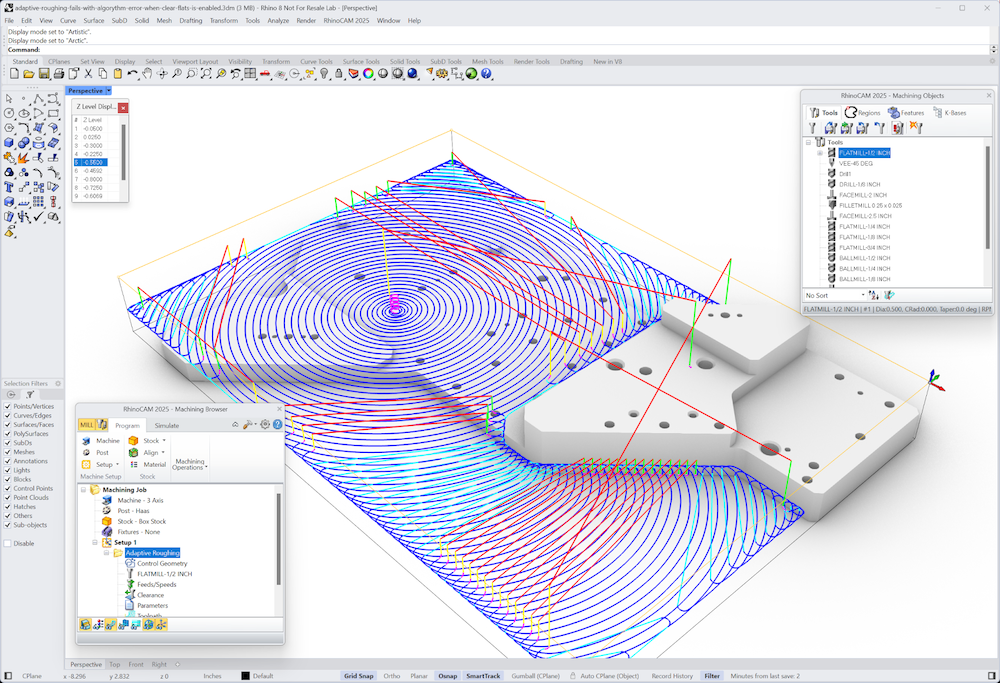
MecSoft Unveils RhinoCAM 2025 and VisualCAD/CAM 2025 with Enhanced Features
March 08, 2025 5 min read
Read MoreSubscribe
Sign up to get the latest on sales, new releases and more …




